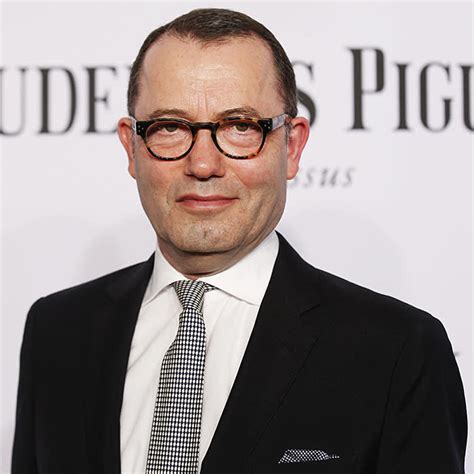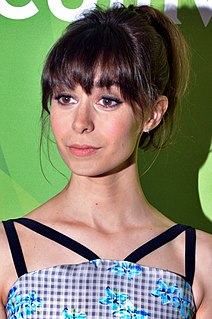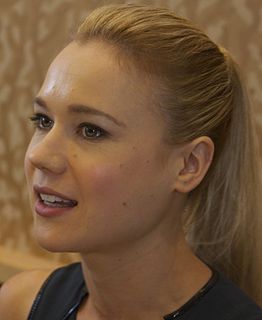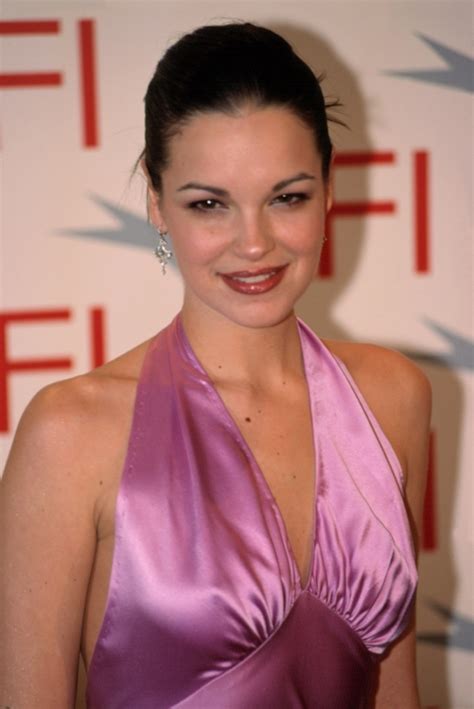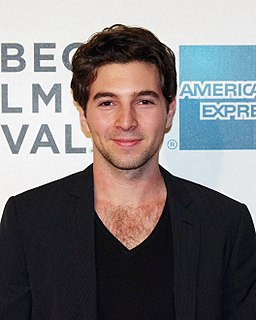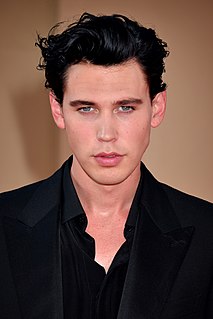A Quote by Mikhail Baryshnikov
Film, theater and television always kind of scared me. I don't ever seriously think of myself as an actor at all, and I don't plan any film career or television career.
Related Quotes
It's interesting to me because theater is, on any given day, 10,000 times harder than film and television. And that's not to say film or television can't be hard or challenging; it's emotional to do the same thing over and over and over. But in terms of stamina, there is nothing like an eight-show week to separate the men from the boys.



